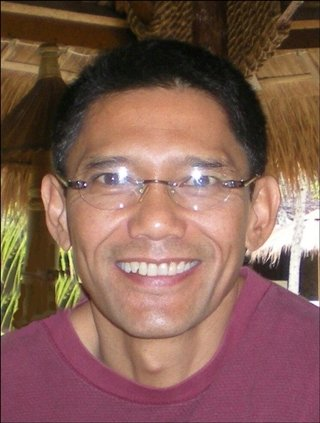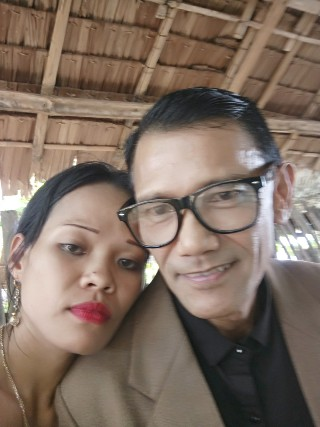IJCH - Inside JaiChai's Head (Meaning: My Warped, Personal Opinions and Musings)
From the Author:
Salutations.
I am JaiChai.
And if I haven't had the pleasure of meeting you before, I'm delighted to make your acquaintance now.
I invite you to interact with everyone, learn, and have as much fun as possible!
For my returning online friends, "It's always great to see you again!"
Acquiescing to my Friend's Request -
After much badgering by a friend, I finally viewed a 1964 Black and White footage of Richard P. Feynman Lecture #7 (Cornell University).
Sweet Buddha on a cracker! The lecture simply blew me away!
Why?
Because I had ignorantly thought that the scientific method was this rock-solid, airtight, logical method of acquiring the "Right" answer.
Feynman's lecture has completely changed my point of view.
He convinced me that there are many pitfalls in the traditional notion of the scientific method and that it's ultimate answers equal "Wrong" or "Temporarily Right".
And I'd venture to guess that all who have never seen this presentation thought as I once did.
I strongly recommend this video for all who have ever "questioned the question", wondered about the why and how of any phenomena, or ever had that "something just doesn't feel right" experience about anything.
Richard P. Feynman -
Richard Phillips Feynman (/ˈfaɪnmən/; May 11, 1918 – February 15, 1988) was an American theoretical physicist, known for his work in the path integral formulation of quantum mechanics, the theory of quantum electrodynamics, and the physics of the superfluidity of supercooled liquid helium, as well as in particle physics for which he proposed the parton model.
For his contributions to the development of quantum electrodynamics, Feynman, jointly with Julian Schwinger and Shin'ichirō Tomonaga, received the Nobel Prize in Physics in 1965.
Here's the footage (YouTube video) of Richard P. Feynman Lecture #7 - Cornell University 1964:
"Richard P. Feynman: Theory, Prediction, Observation"
The Feynman method of thought was developed by a man who refused conventional wisdom at all turns and who sought to build his mental computer from the ground up, starting with an understanding of mathematics at a very young age. (Feynman's early notebooks are records of him deriving algebra, calculus, trigonometry, and various higher maths on his own, with original results and notation.)
This was how Feynman approached all knowledge: What can I know for sure, and how can I come to know it? It resulted in his famous quote, “You must not fool yourself, and you are the easiest person to fool.” Feynman believed it and practiced it in all of his intellectual work.
“When Feynman faces a problem, he’s unusually good at going back to being like a child, ignoring what everyone else thinks… He was so unstuck — if something didn’t work, he’d look at it another way.”
— Marvin Minsky, MIT
Parting Shot -
"10 Times Richard Feynman Blew Our Minds"
By JaiChai
Really Appreciate You Stopping By.
Truly hope to see you again!
About the Author

Believing that school was too boring, he dropped out of High School early; only to earn an AA, BS and MBA in less than 4 years much later in life – while working full-time as a Navy/Marine Corps Medic.
In spite of a fear of heights and deep water, he performed high altitude, free-fall parachute jumps and hazardous diving ops in deep, open ocean water.

After 24 years of active duty, he retired in Asia.
Since then, he's been a full-time, single papa and actively pursuing his varied passions (Writing, Disruptive Technology, Computer Science and Cryptocurrency - plus more hobbies too boring or bizarre for most folk).
He lives on an island paradise with his teenage daughter, long term girlfriend and three dogs.
 Image caption
Image caption